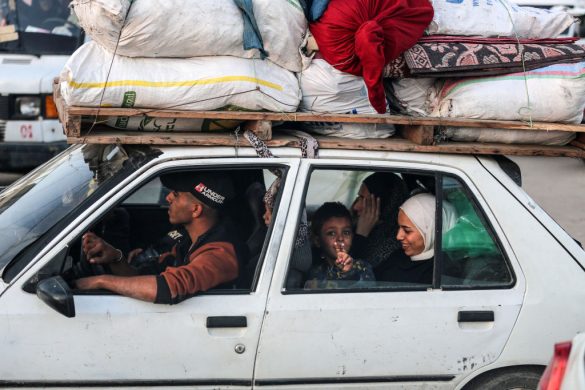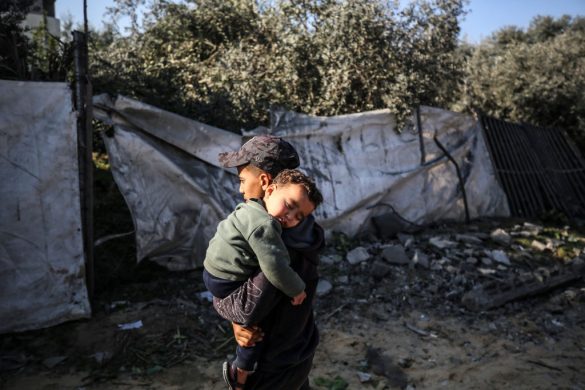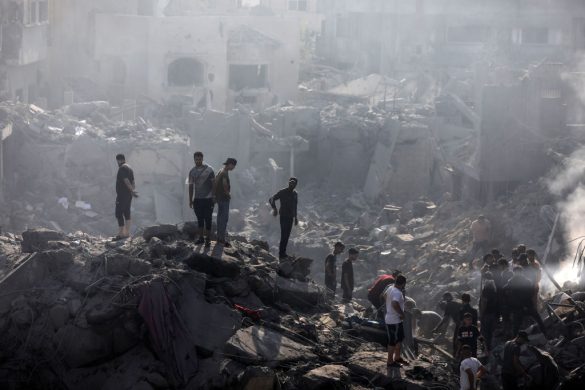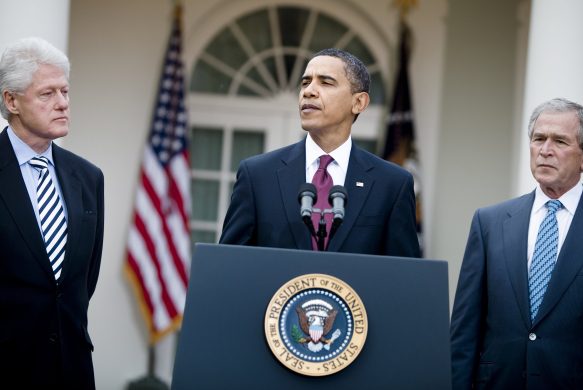Flygtninge i hundredetusindvis har krydset grænserne til Syriens nabolande, som har svært ved at følge med. FN opfordrer det internationalle samfund til at dele regningen. Flere mennesker forventes at krydse grænserne efterhånden, som vinterkulden kommer.
AMMAN, 28 November 2012: “Neighbouring States are being expected to absorb the bulk of the cost of hosting hundreds of thousands of refugees,” said the Under-Secretary-General for Humanitarian Affairs, Valerie Amos, at the end of a three-day visit to Jordan and Lebanon.
“Given their own economic, social and security challenges, this is simply not sustainable,” she added in a press release from the Office for the Coordination of Humanitarian Affairs (OCHA).
Since the uprising against Syrian President Bashar al-Assad began 21 months ago, violence in the country has killed at least 20,000 people, mostly civilians, and also spawned more than 440,000 refugees, according to UN estimates. More than four million people need humanitarian assistance.
Divided neighbours
While there have been divisions among countries over how to respond to the crisis, Ms. Amos said the international community needed to “shoulder its responsibility and work together” to end the violence.
“As winter sets in across Syria, the most vulnerable people will move to places where assistance can be provided and where they feel safe,” she stated.
OCHA noted that the “plight of the refugees, and the possibility that thousands more will follow them, underlines the need for a comprehensive, region-wide response to end the crisis,” stressing the need to redouble efforts to support neighbouring States in absorbing the costs of addressing the daily needs of a large refugee population.
Jordan is already hosting 240,000 Syrian refugees, while 130,000 are in Lebanon. Ms. Amos met with Syrian refugees in both countries, as well as with national leaders.
“Some people were injured, having faced mortar fire along their escape route,” Ms. Amos said of her visit with refugees on the Jordan-Syria border, where she saw Syrians who had “arrived under cover of darkness, and were deeply traumatized by their experiences.”
Traumatic stories
At a press conference today in Lebanon, Ms. Amos told of her meeting with refugees in that country.
“The stories they gave and described… are extremely traumatic, including one woman, whose husband was tortured and died, and who saw her mother torched in her home,” Ms. Amos said. “It is time for this brutality to stop.”
In the capital, Beirut, Ms. Amos met with Lebanese Prime Minister Najib Mikati and Minister of Social Affairs Wael Abu Faour, and expressed appreciation that Lebanon was “keeping the borders open.”
“We are very grateful to the Government for the work they are doing in partnership with the UN refugee agency, other United Nations partners and also NGO partners,” Ms. Amos told reporters.
In the Jordanian capital of Amman, Ms. Amos met with King Abdullah II, Prime Minister Abdallah Ensour, senior Government officials, UN agencies and non-governmental organizations (NGOs).
Ms. Amos thanked Jordan and relief agencies there for their efforts regarding the refugees, and underscored that the UN will support the Government in reinforcing preparedness efforts to deal with any dramatic deterioration of the situation inside Syria.














